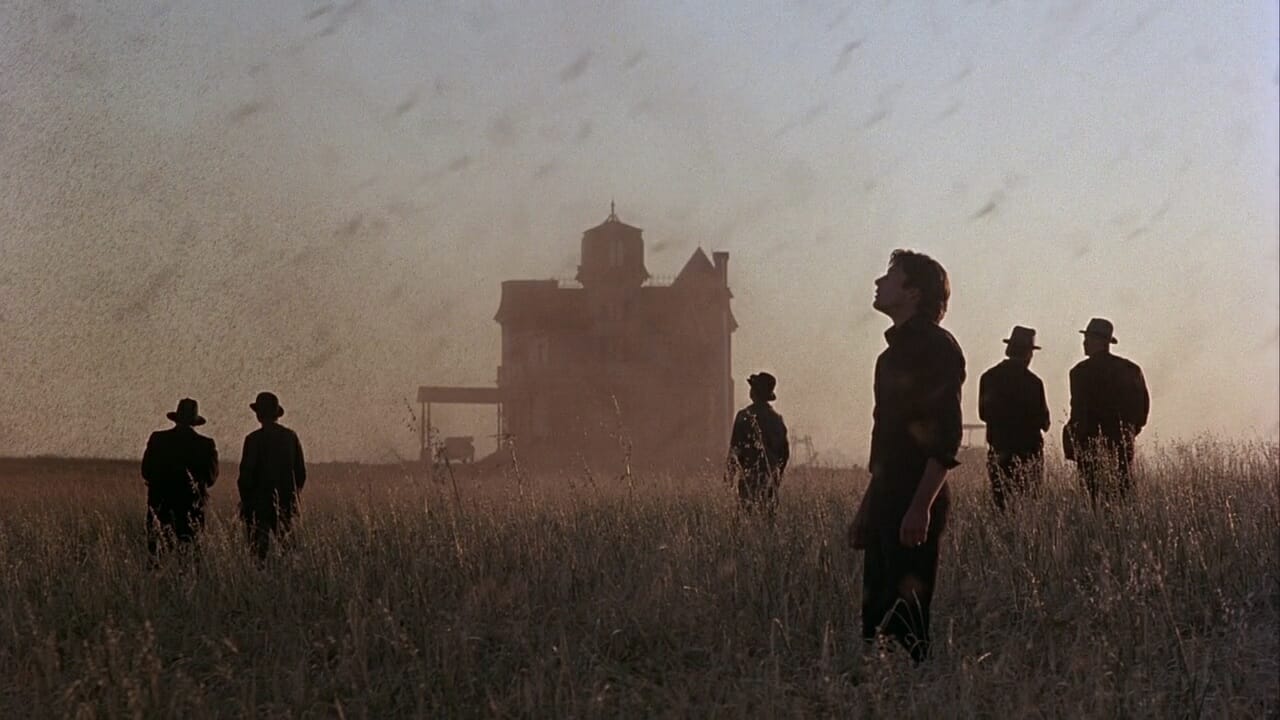-
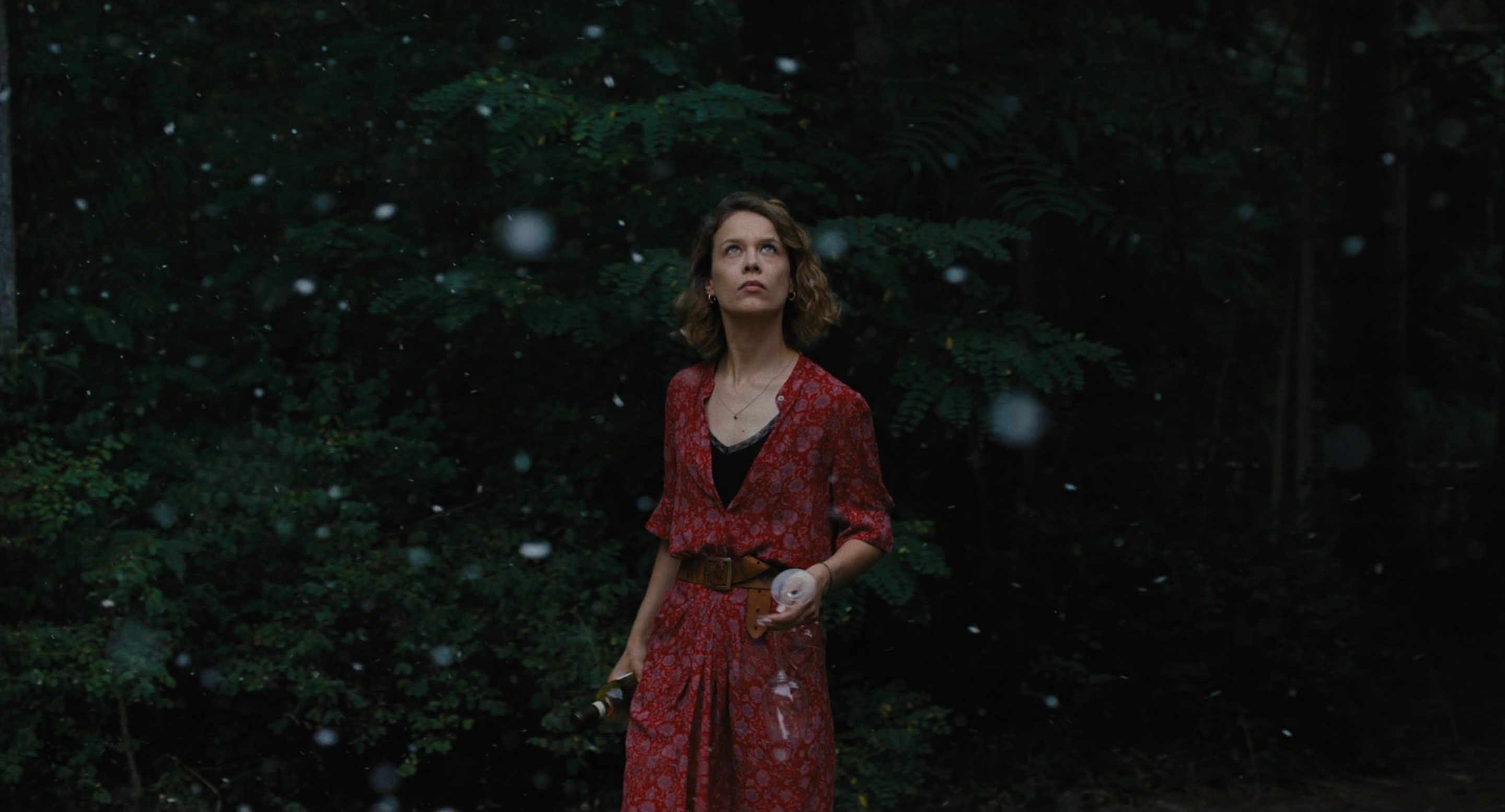
Afire (2023)
The young vacationers of Afire are happy assuming for the time being that they will be safe from the distant forest wildfires, and yet it is only a matter of time before this inferno wreaks havoc on their delicate lives, developing a haunting metaphor of blazing summer romance that Christian Petzold wields with ethereal elegance.
-
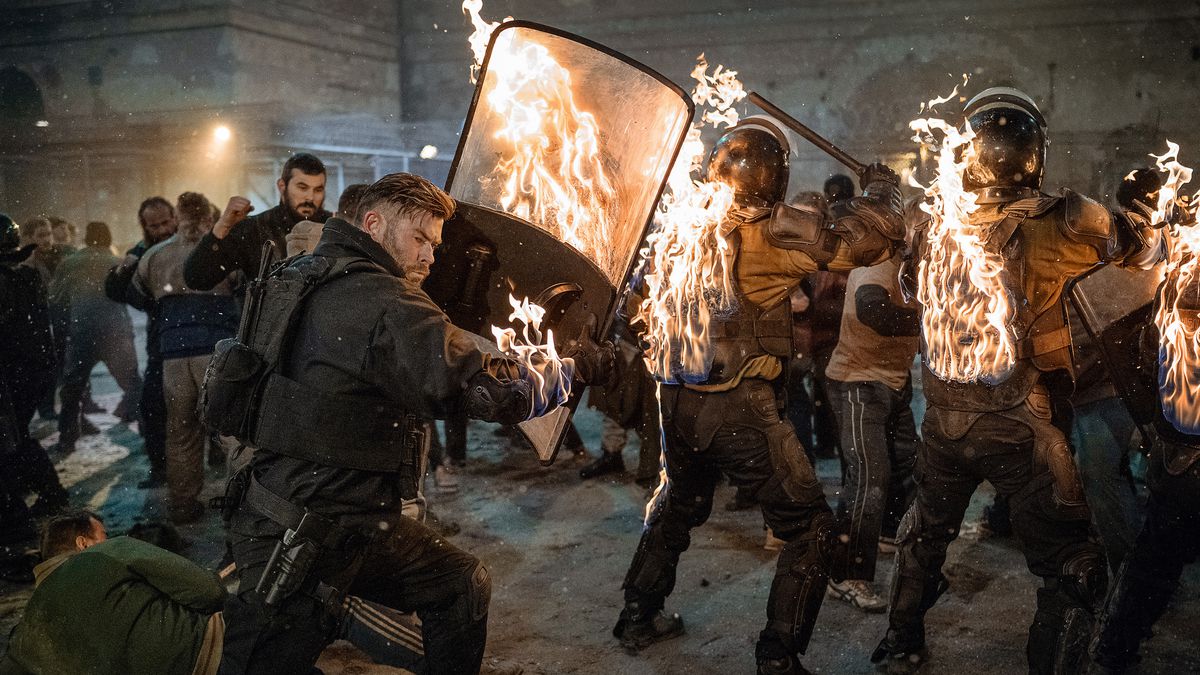
Extraction 2 (2023)
Much like the first instalment in this series, Extraction 2’s action is as ambitious as its narrative is thin, though Sam Hargrave’s marvellous set pieces thrilling advance mercenary Tyler Rake’s rescue with thrilling momentum and a touching confrontation of fatherly responsibility.
-
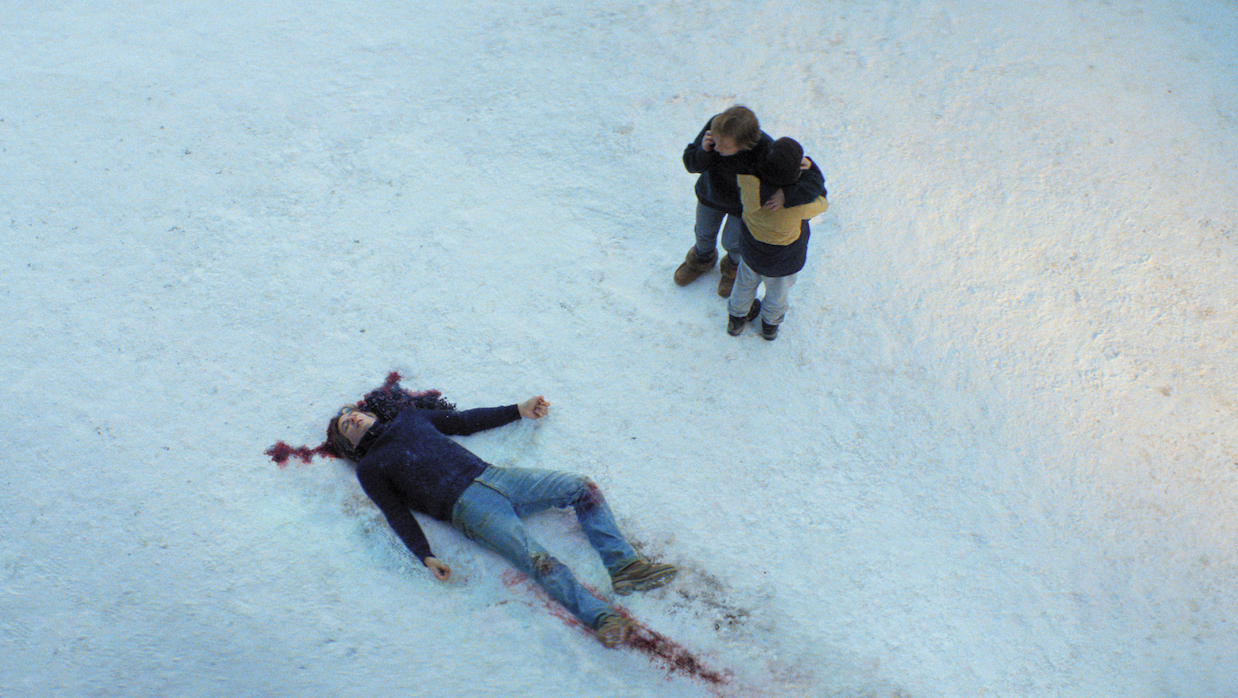
Anatomy of a Fall (2023)
Whether or not recent widow Sandra was the one to push her husband to his death in Anatomy of a Fall, Justine Triet’s chilling autopsy of their lifeless marriage uncovers an enormous, guilty weight in her soul, positioning us through flashbacks and cutaways as the jury of her moral conscience.
-
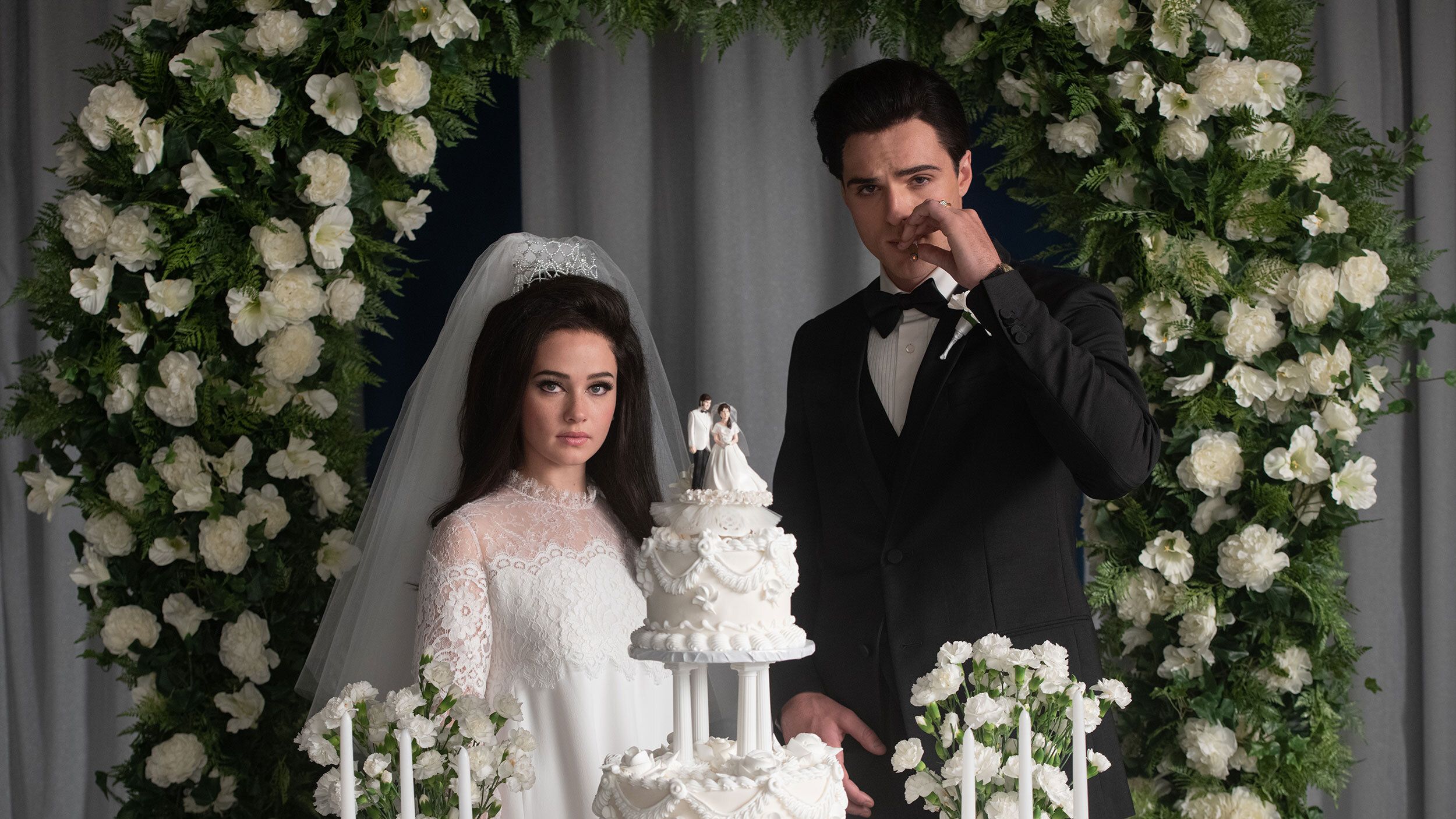
Priscilla (2023)
So intoxicating is the allure of fame in Priscilla that by the time Elvis Presley’s naïve future wife is trapped behind the gates of Graceland, she can barely distinguish between its privileges, constraints, and everyday banalities, as Sofia Coppola blends each into musical montages and dreamy vignettes that beg the question – why did he…
-
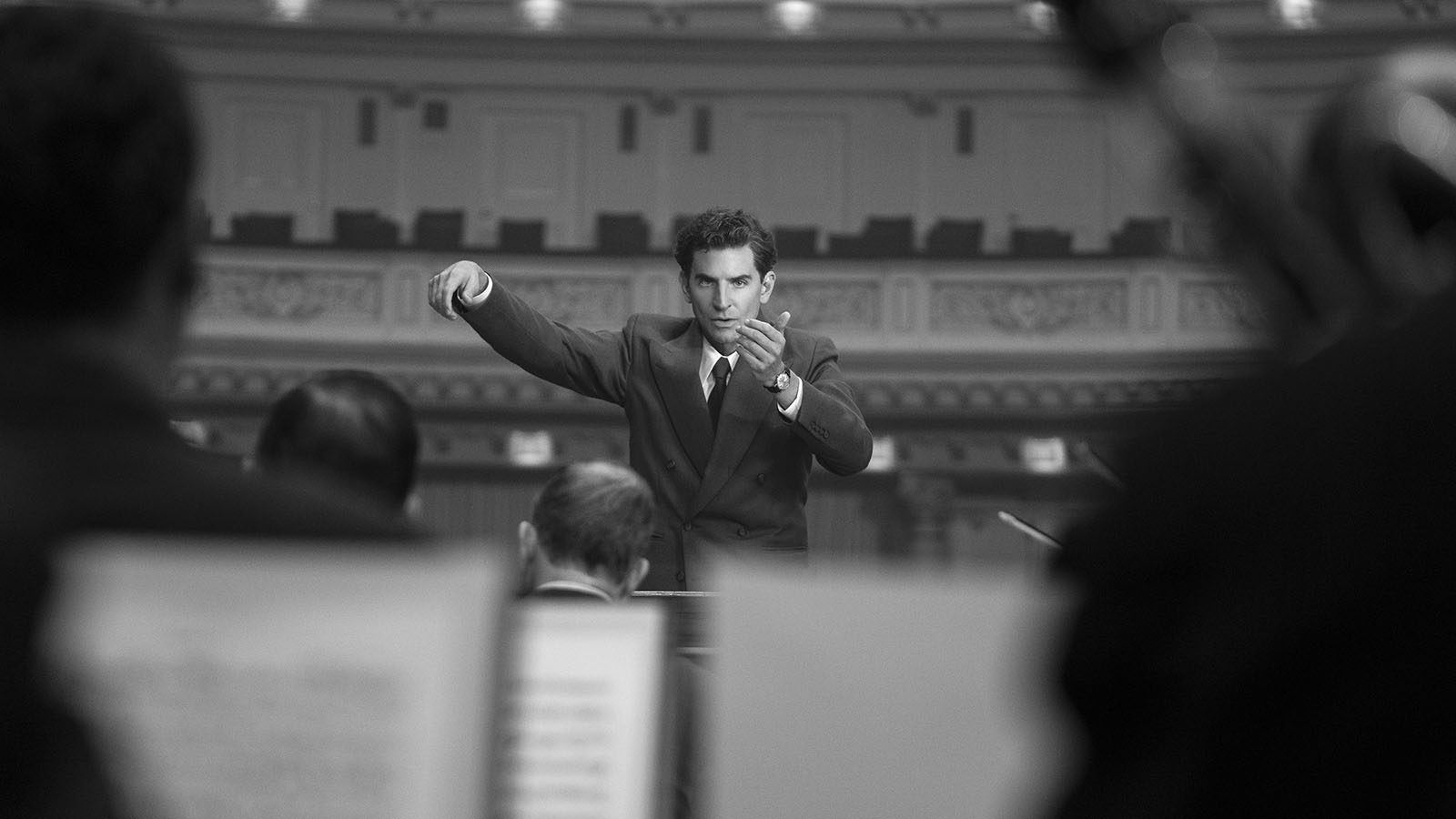
Maestro (2023)
To work as both a conductor and composer is to live two separate lives, Leonard Bernstein ruminates in Maestro, and it is this duality which Bradley Cooper reverberates all through his biopic of the great musician, revealing with sweeping passion and subdued restraint the contradictions that lie at the heart of genius.
-
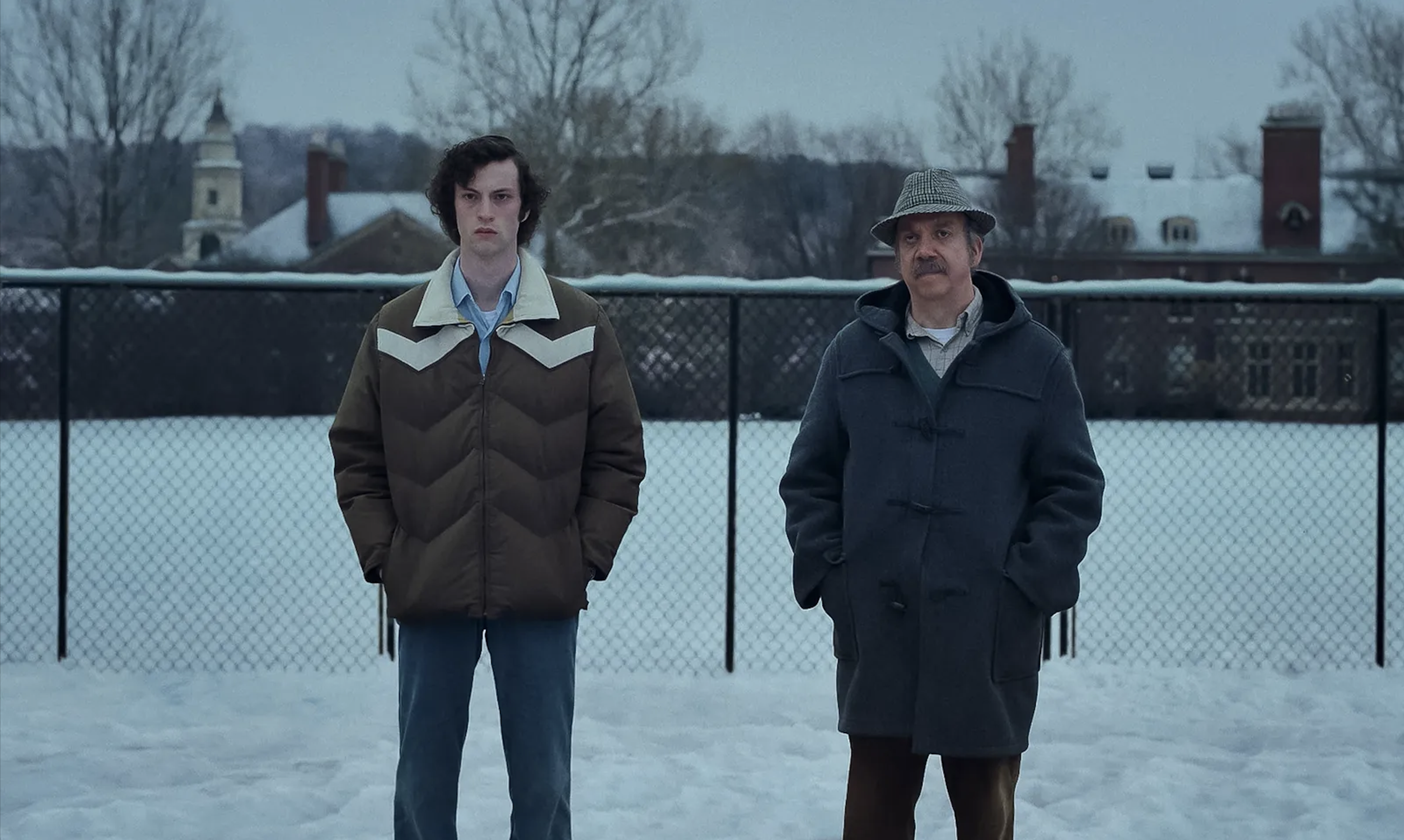
The Holdovers (2023)
It is almost impossible not to give into the retro, festive charm of The Holdovers, as through its unlikely pairing of a troubled student and his cantankerous history teacher over the Christmas break, Alexander Payne transforms the loneliest holiday of the year into a season warmly dedicated to its most distant outcasts.
-
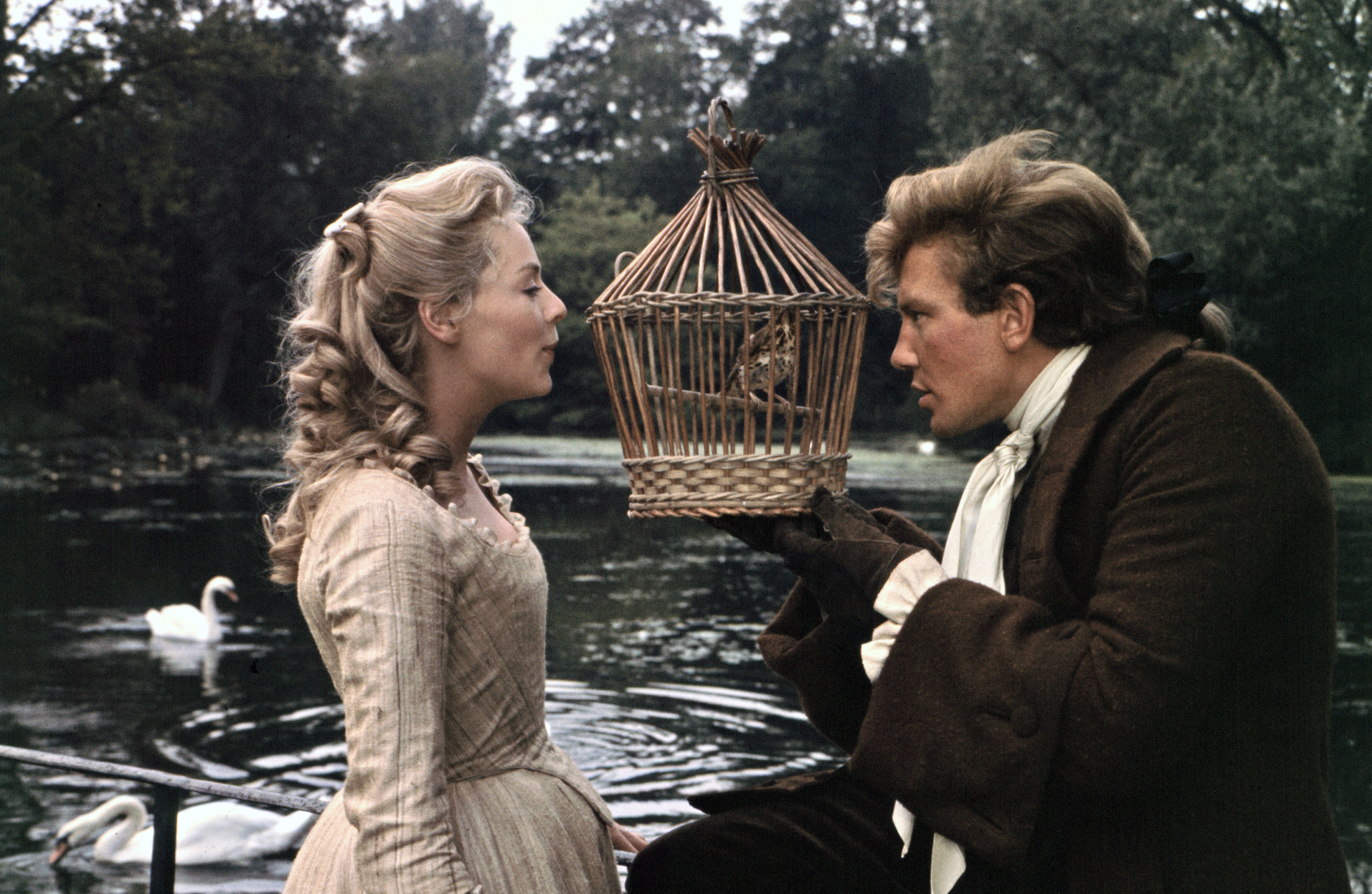
Tom Jones (1963)
Tony Richardson’s adaptation of classic novel Tom Jones is imbued with the rebellious spirit of the young maverick himself, throwing out the playbook of cinematic convention to skilfully blend highbrow social satire and lowbrow slapstick in its coming-of-age narrative, while finding comfort in the frivolities of an absurdly unpredictable world.
-
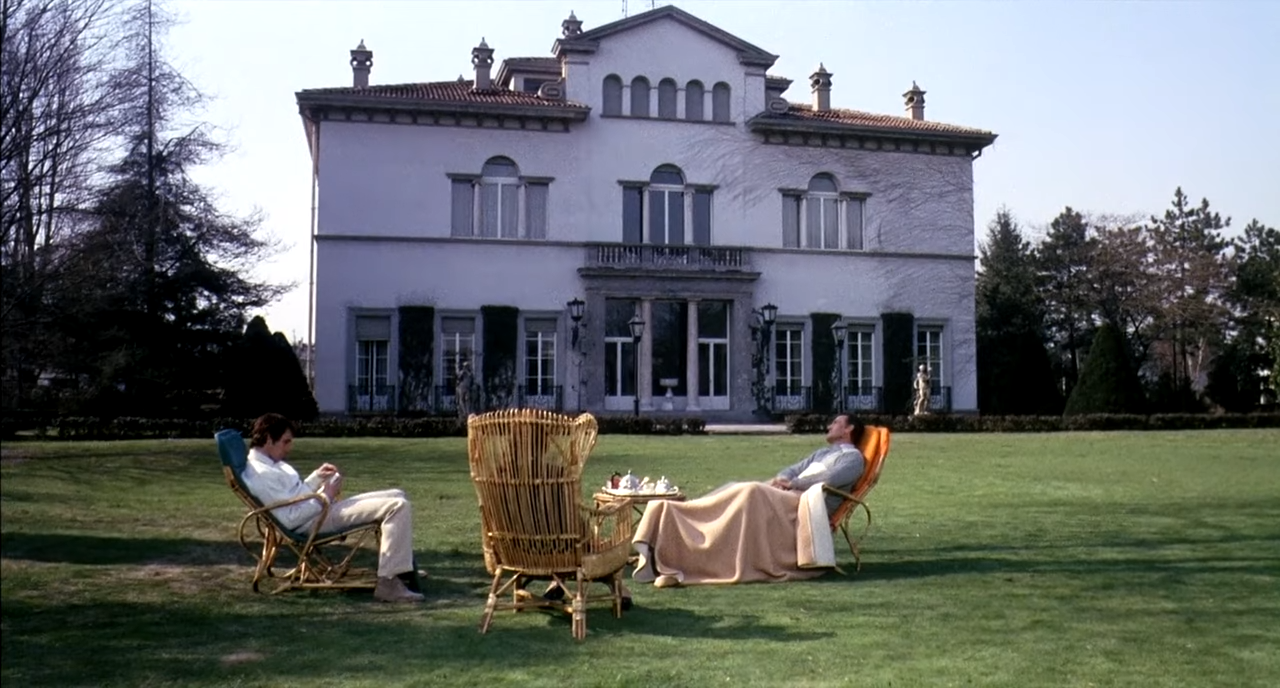
Teorema (1968)
The ease with which one mysterious Visitor falls into the life of a bourgeoisie family in Teorema is surprisingly intimate, but his spiritual and sexual influence is also a catalyst for seismic shifts in their superficial lives, as Pier Paolo Pasolini strips away the material distractions of class, capitalism, and religion to expose the emptiness…
-
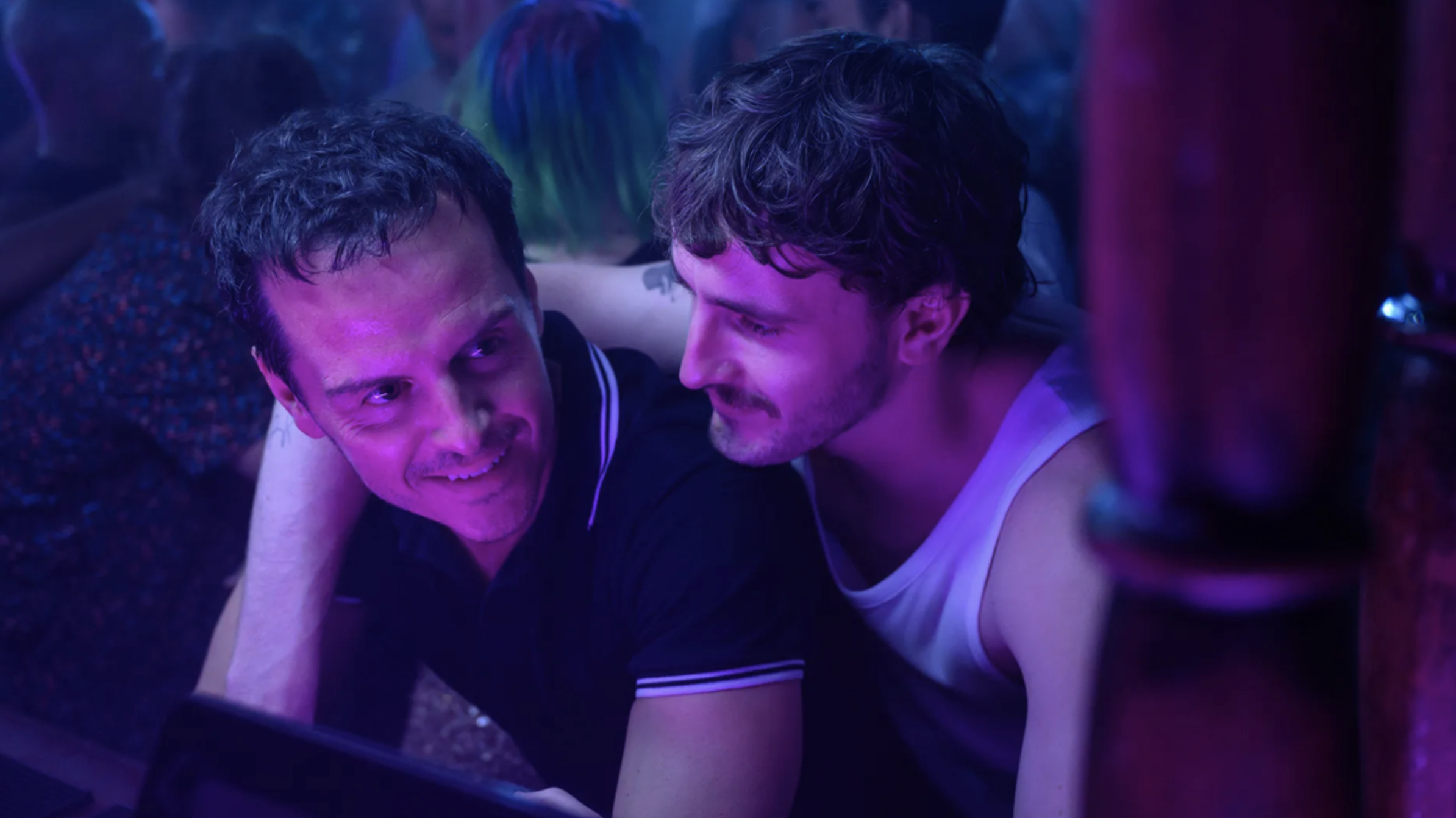
All of Us Strangers (2023)
Andrew Haigh commands his magical realism with subdued wonder in All of Us Strangers, entering the dreams of a lonely queer Londoner grieving the decades-old tragedy that left him an orphan, yet still finding solace in the ghosts of childhood memories and alternate lives he might have led.
-

The Iron Claw (2023)
As countless heartbreaking tragedies are visited upon the Von Erich dynasty of wrestlers, Sean Durkin reveals the true nature of The Iron Claw – not as a conventional sports biopic, but a psychological drama keenly interested in destiny, chance, and the rumoured family curse that haunts its descendants.
-

Nyad (2023)
With Nyad’s basis in the true story of one 64-year-old woman’s marathon swimming achievement, this underdog tale is a natural leap into narrative filmmaking for documentarians Jimmy Chin and Elizabeth Chai Vasarhelyi, proving that destiny is little more than a matter of persistence and patience for those pushing their bodies to exhausting physical limits.
-
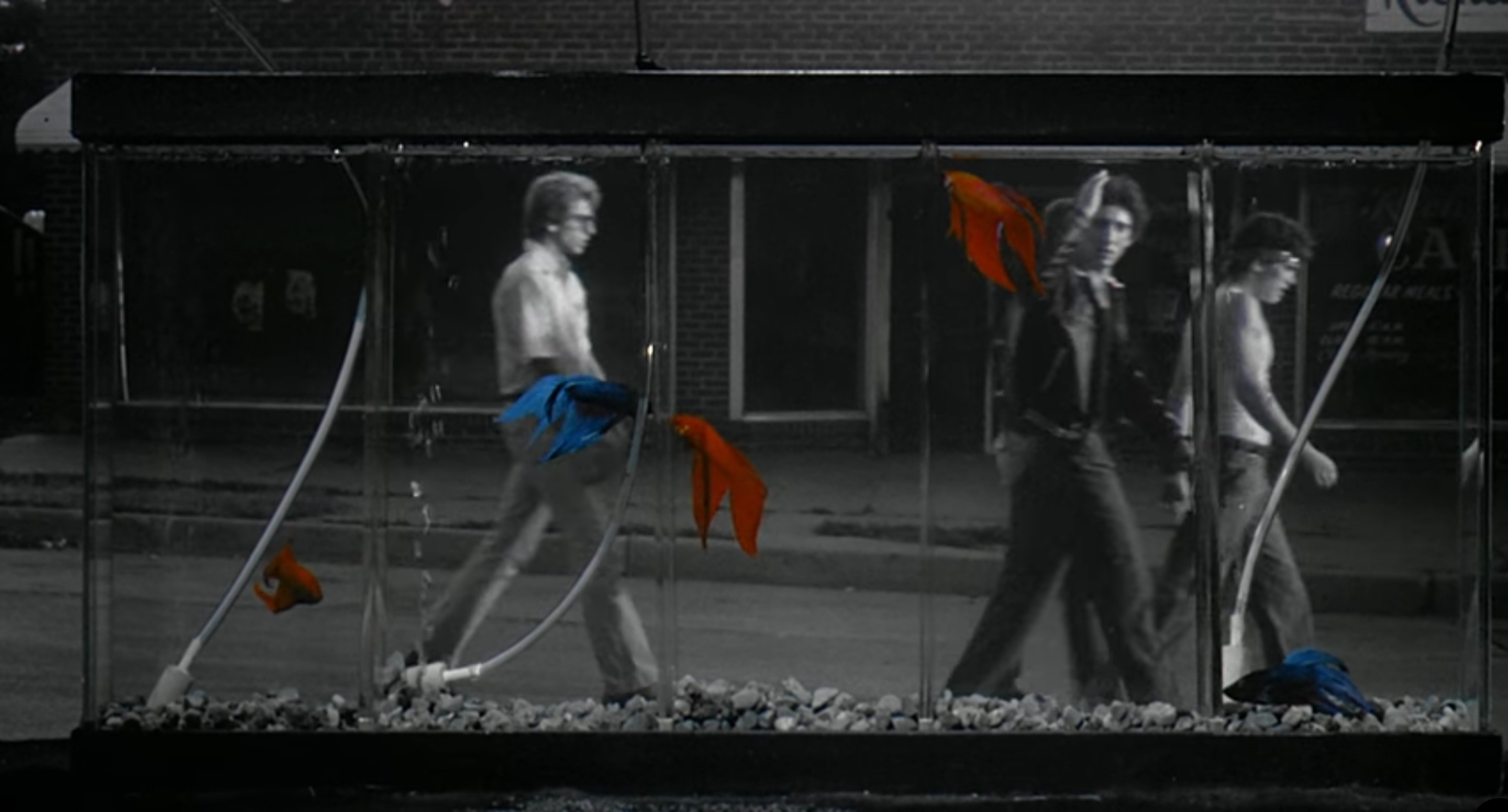
Rumble Fish (1983)
Whatever optical restrictions are imposed by the legendary Motorcycle Boy’s colour blindness In Rumble Fish are drastically offset by the dreamy expressionism elongating every angle of Francis Ford Coppola’s visuals, offering a refreshingly eccentric perspective of 1960s gang warfare, urban Oklahoma, and its restless adolescents seeking to break free of their social confines.
